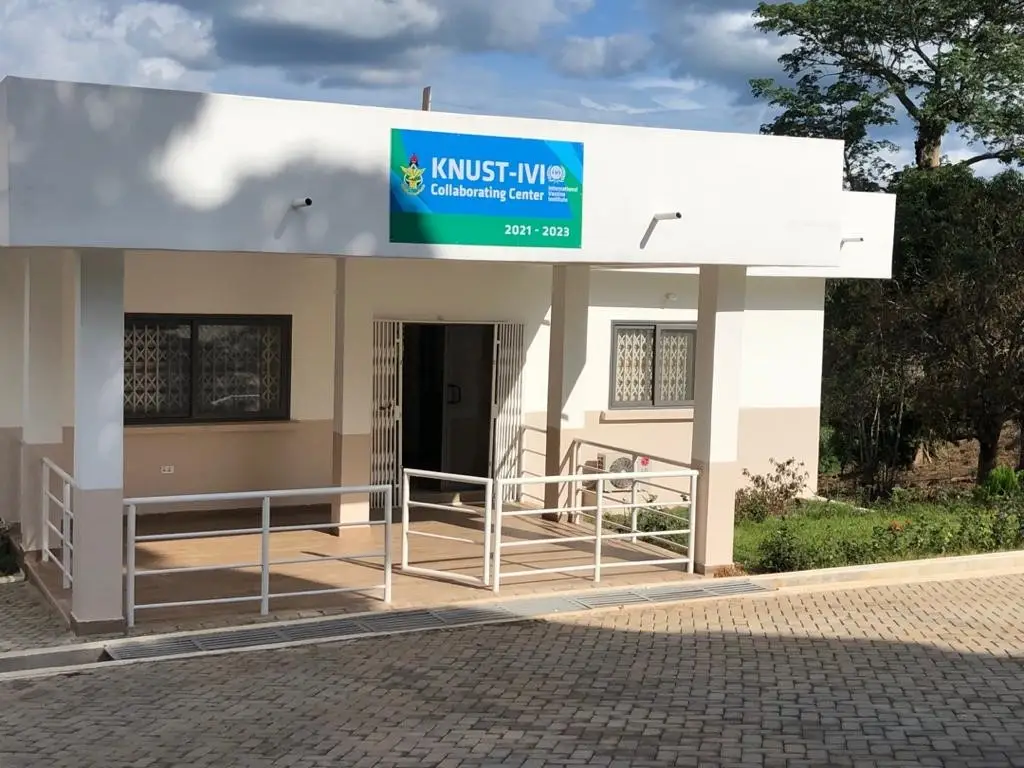School of Public Health KNUST Departments


School of Public Health KNUST Departments
Department of Health Education and Promotion
HealthEducationis the process of developing and providing planned learning experiences that bring about effective decision making and personal improvement. The process must provide a balance between cognitive and affective educational experience. This balance sometimes referred to as confluenteducationis important for the presentation of knowledge. Factual information does not ensure behavioural change. Learning opportunities must be provided for discussion so that information is personalised and internalised.
In view of the above, the department will therefore seek to offer opportunity to gain knowledge and skills needed to help people make decisions onhealthissues andhealthy livingand improve thepublic healthof the communities among whom they work.
Objectives:
At the end of theprogramme, students would have acquired the skills to:
- Provide educational, counselling and behaviour change skills in a variety of settings that will have the greatest impact on preventing future illness, disability and death.
- Assess individual and community needs for health education.
- Plan, implement and evaluate health educationprogrammes.
- Co-ordinate provision of health education services.
- Act as a resource persons in health education.
- Communicate health and health education needs, concerns and resources.
- Demonstrate a clear understanding of current issues and trends in health education.
- Prepare action plans for implementation of programmes for control of diseases and other priority health services.
- Enhance understanding of the broad managerial processes and policies necessary for the promotion of health inGhana, with particular emphasis on the role of the health services.
- Focus on public policy and health education
- Actively participate in organization and management in health services.
Department of Population, Family and Reproductive Health
The department was setup through collaboration betweenKNUST-SMS (withDepartmentsofCommunity Healthand Obstetrics & Gynaecology as implementing units) and the Bill and Melinda Gates Institute for Population and Reproductive Health(John Hopkins Bloomberg School of Public Health) with the aim of building capacity and leadership in population and reproductive health. Hence, the School of Public Health will through this department will continue to provide community-oriented problem-solving training to public health students, who will graduate with a sound knowledge and understanding of the myriad of public health problems that confront the nation.
Objectives:
At the end of the training programme,
- Students would have acquired knowledge and skills to use a systematic approach to investigate and develop interventions to effectively address problems and key issues related to population and reproductive health of developing nations, with a focus onGhanaand the rest of Africa.
- Students will also be able to identify and prioritize problems, through the analysis of population, reproductive health and health service data,
- Students should be able to select appropriate interventions and design innovative strategies, based on priorities and resource availability.
Department of Health Policy, Management and Economics
The department seeks to train and equip Health Managers to perform their duties through improved managerial competence in order to function effectively at all levels of the Health delivery system. This has become necessary in view of the limited resources available for health care delivery in developing countries especially in Ghana. Scarcity of resources always calls for efficient management. Health managers make decisions about allocation and utilization of health resources and these decisions must be based on information and current scientific evidence. Thus, they must be able to assess and report scientifically findings on health and health related issues, and plan programmes and deply resources for effective management in order to improve health outcomes.
Objectives:
At the end of the training programme,
- Students would have acquired the knowledge and skills to needed to identify and solve most health problems.
- Students should be able to analyse health service data
- Students should be able to select appropriate intervention strategies based on organizational and financial realities
Students should be able to plan, implement and evaluate health service programmes
Recent Posts
How do I create an engaging and informative online quiz or assessment?
Creating an engaging and informative online quiz or assessment can be a powerful tool for… Read More
What are the most effective methods for managing and reducing work-related stress in the hospitality industry?
Work-related stress is a common issue in the hospitality industry, where employees often face long… Read More
How can I improve my assertiveness and communication skills in a leadership position?
In a leadership position, assertiveness and effective communication skills are crucial for success. Being able… Read More
What are the key elements of a successful employee recognition and rewards program?
Employee recognition and rewards programs play a crucial role in motivating and engaging employees, as… Read More
How do I effectively manage and respond to customer feedback and reviews?
Customer feedback and online reviews play a crucial role in shaping a company's reputation and… Read More
What are the best strategies for effective time management as a stay-at-home parent?
Effective time management is crucial for stay-at-home parents who juggle multiple responsibilities on a daily… Read More